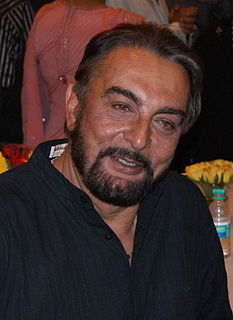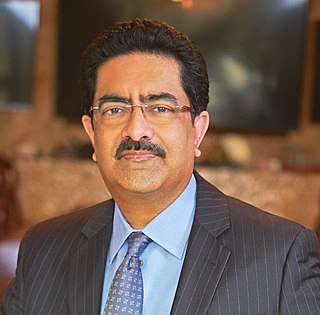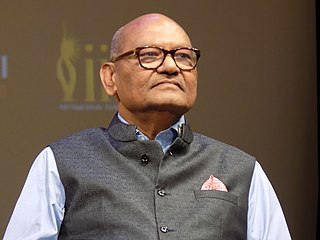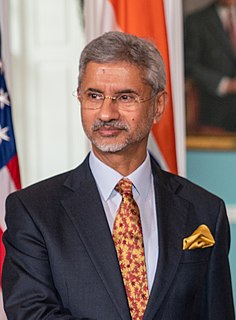A Quote by Aravind Adiga
India's great economic boom, the arrival of the Internet and outsourcing, have broken the wall between provincial India and the world.
Related Quotes
Much of the conventional analysis of India's stature in the world relies on the all-too-familiar economic assumptions. But we are famously a land of paradoxes, and one of those paradoxes is that so many speak about India as a great power of the 21st century when we are not yet able to feed, educate and employ all our people.
For in Asia and around the world, India is not simply emerging; India has already emerged. And it is my firm belief that the relationship between the United States and India - bound by our shared interests and values - will be one of the defining partnerships of the 21st century. This is the partnership I have come here to build. This is the vision that our nations can realise together.





































